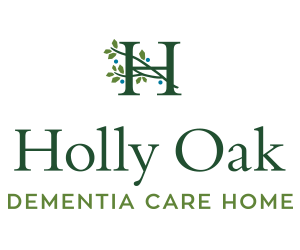Trust in care homes, Doncaster :
The more those relationships built up, the more trusting locksmiths basildon became of their advice and the more things they were willing to try. what they recognized was that you always have those people within the home. Who are extremely good with people with dementia, manage people very well, and that has a very person-centered approach. But they’re not recognized for that in any way within the home or outside the home. They’re just known informally as you know or go and work with jean; she’s good with barry. She can, you know, get him dressed in the morning and things like that, so they decided to create a pathway.

So these people could be recognized, and one reason for choosing the champion model was to train the trainer. So they train you to know the people identified as being very person-centered, and then they can pass on care homes Doncaster skills. ThatThat helps with the high turnover of staff. Because the more new staff that comes in, it’s up to the dementia champions to get them on board. Then if they need extra training, they can contact you, but many of our carers also move from home to home. So once they’re a champion, they can go to the next home and be a champion.
So they’re taking that sort of credit with them, so it’s very much acknowledging their skilled workers within the home. They became role models; they became people that introduced new staff to the, you know, care in general as well. The home and also they became a single point of information sharing.
Information about dementia :
So if you want to get any new information on dementia, you can go to their champions, and then they disseminate it to the care homes Doncaster’s next slide. So their initial training was the tier one training, devised by the dementia academic action group, the dag group. So that included oxford brooks university of Bedfordshire, Northampton, and west London, um, and this was two-hour training and was also in line with the Alzheimer’s society training. So it means that those people were accredited with a dementia friends badge after the training. So it gave them a little bit extra motivation, and the homes liked that because they were dementia friends-friendly homes.
So they devised this very posh little book, so everybody knew that it was a formal thing, and they wanted to make it formal. So people took it seriously, so they developed this dementia champion’s handbook and got our trust to print it. Out for us next, the pathway showed five steps. So step one was either somebody who had a care certificate or a level two in health and social care just because they needed people to have the basics there as well because many people have excellent approaches to people with dementia. But then they need to improve their care skills, and if they’re supervising new staff, they need them to teach all the practices well. If you know how to speak to people or they’re somebody who’s been identified by the home managers as having an exemplary approach. So often you find the older carers who are very good with people with very advanced dementia haven’t got certificates. Because that’s not, you know, their age target, and they don’t want to do that. But actually, they’re exceptional carers.
